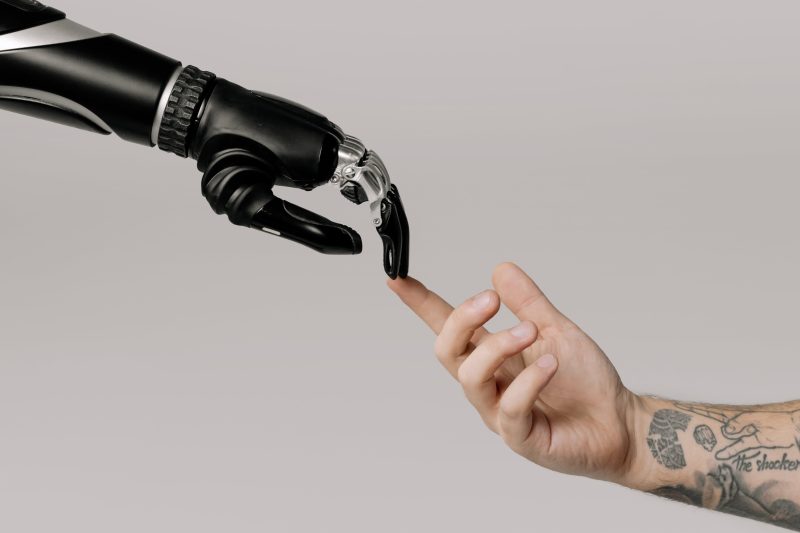In a recent development marking the most recent intersection of artificial intelligence and gaming, Microsoft unveiled a strategic alliance with Inworld AI, aiming to leverage the latter's expertise in creating generative AI models to improve video game development on Xbox.
Unfortunately, the announcement has stoked a fiery debate within the industry as AI advancements have been both welcomed for their potential and viewed with skepticism for their broader implications on creativity and employment within the sector.
, as detailed by Xbox's General Manager of Gaming AI, Haiyan Zhang, is designed to introduce a suite of AI tools to the Xbox ecosystem, which includes an "AI design copilot" and an "AI character runtime engine."
These tools are envisioned to assist game designers in refining and expanding their creative process, enabling the conversion of the prompts into elaborate scripts, narrative structures, and quest designs. Additionally, the technology purports to allow for dynamically generated stories and dialogues, offering players novel gaming experiences.

